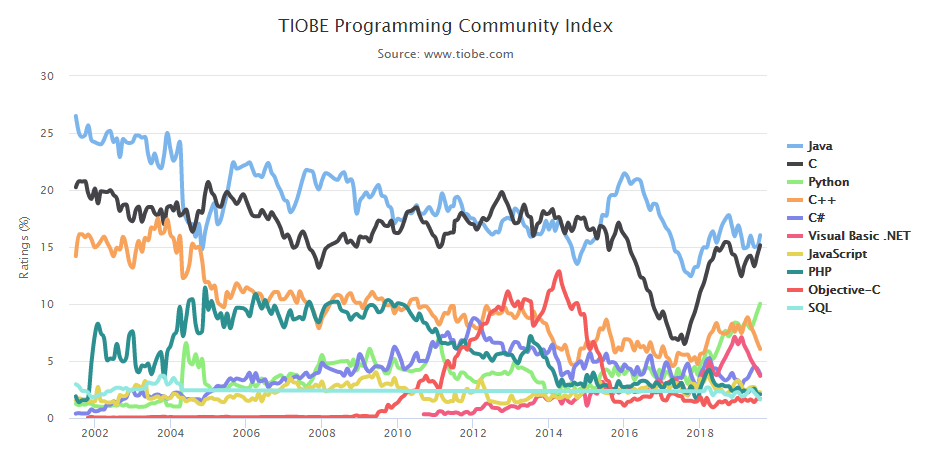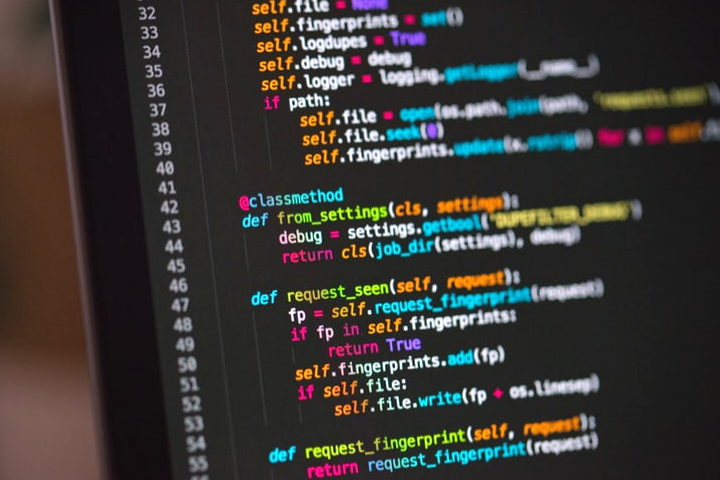Our great leap in technology for the past two decades can be attributed to great minds who made the development possible.
Perhaps, it’s thanks to the hundreds of programming languages created by developers which enabled us to progress exponentially when it comes to tech.
Why do we have so many programming languages?
In a sense, all these languages are the same. We don’t necessarily need so many languages, but we want to have them anyway.
For instance, you can create a website using Java, Python, C#, JavaScript, or Ruby. You can opt for C or C++ or COBOL or Pascal or Perl.
All these languages serve the same purpose. However, the creation of this multitude of programming languages lies with how humans interact with them.
On the surface, human interaction within programs varies a lot. It depends on what we needed to accomplish. We use different tools depending on the job we needed to accomplish. Since programming languages are tools, that’s how we will need a good number of them to complete certain tasks.
The programming language to be used by the developers will vary on the requirements of their projects, their expertise, and their preferences.
For example, you can use JavaScript and Ruby for developing websites. If you’re looking for analytics and statistics, you can adopt Python and R; meanwhile, if you’re into financial trading, you can opt for C++ and Java.
Some programmers even create their own programming languages. At the end of the day, a programming language is a tool programmers use to express and communicate ideas to computers.
Most popular programming languages in 2019 according to TIOBE Index
Even though there are more than 200 programming languages present, some of them are commonly and widely used by developers. These are the languages commonly studied and applied by programmers worldwide.
TIOBE Index is one of the most reliable organisations that ranks the top programming languages monthly and annually.
“The TIOBE Programming Community index is an indicator of the popularity of programming languages. The index is updated once a month. The ratings are based on the number of skilled engineers world-wide, courses and third-party vendors,” as stated on their website.
They used popular search engines such as Google, Bing, Yahoo!, Wikipedia, Amazon, YouTube, and Baidu are used to calculate the ratings.
However, the index does not claim to rank the best programming language or the language with most lines of code have been written, but it’s a non-definitive gauge of what systems could be useful to learn and apply in development projects.
It is important to note that the TIOBE index is not about the best programming language or the language in which most lines of code have been written.
To qualify, the programming language should qualify on the following:
- It should have its own Wikipedia entry and the platform should clearly state that it concerns a programming language. This is the reason why (Ruby on) Rails, Excel, Android, Boost, Cocoa, ASP and AJAX are not considered programming languages for the index.
- The programming language should be Turing complete. As a consequence, HTML and XML are not considered programming languages.
- The programming language should have at least 5,000 hits for +”<language> programming” for Google.
They also noted specific guidelines on other qualifications on their website.
Here are the most popular programming languages in 2019:

1. Java
2. C
3. Python
4. C++
5. C#
6. Visual Basic .Net
7. JavaScript
8. PHP
9. SQL
10. Objective-C
Trends in Programming Languages
While Java is still the reigning programming language globally, it is on a projected decline with a few small spikes of increase barely climbing back to its 2016 peak. C programming language is also crawling back up in popularity, but it’s a far cry to its 2012 glory.
On the other hand, Python is consistently climbing the charts with its popularity, perhaps because of more programmers and project owners are switching to analytics to aid automation, artificial intelligence, and machine learning.
Python is also a three-time awardee of TIOBE’s Programming Language Hall of Fame in 2007, 2010, and 2018.
Studying the technological trends and the future of work is Flexisource IT’s forte. With its commitment to excellence, knowledge-sharing and collaboration, Flexisource IT hone experts in software development, support, and digital marketing. Get started in offshoring today!





